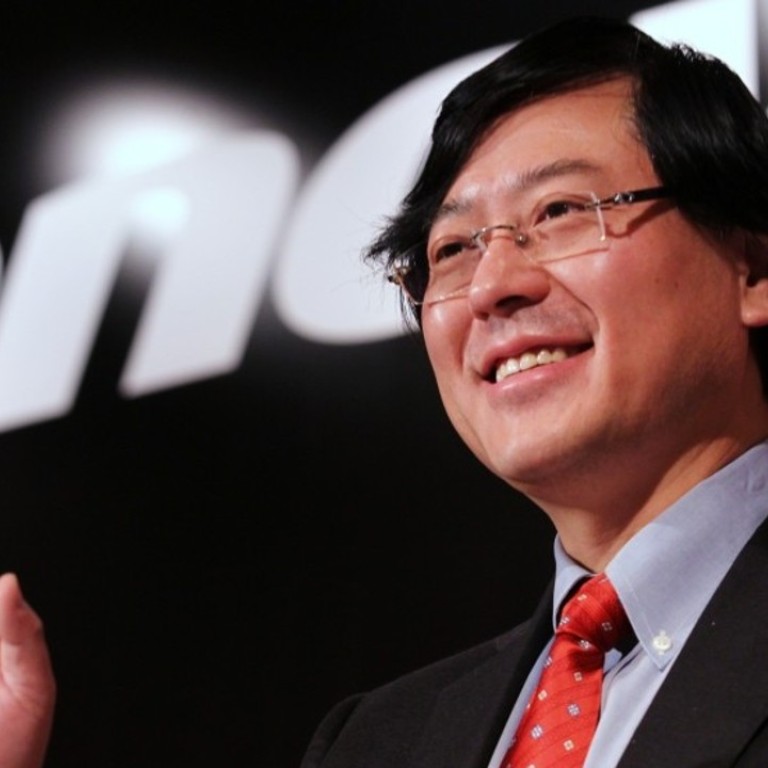
China’s Lenovo, in ‘full attack mode’, teams up with Qualcomm on 3G and 4G patent licenses
Move seen as crucial to revitalise Lenovo’s ailing smartphone sales
Chinese technology giant Lenovo Group’s plan to energise its flagging smartphone business took a big step forward as the company entered into a new 3G and 4G patent license deal with US mobile chip giant Qualcomm.
Qualcomm granted Lenovo, the world’s largest supplier of personal computers, a “royalty-bearing” patent license to develop, manufacture and sell 3G and 4G devices.
READ MORE: No January blues for China’s smartphone market as 2015 saw record sales of 460.5 million units as 4G handsets take off
Scott Offer, general counsel at Lenovo, said in a statement that the Qualcomm deal improved the Chinese company’s intellectual property (IP) position in its home market, where competition is intense against other domestic smartphone suppliers.
“This agreement also provides a solid foundation for Qualcomm and Lenovo to expand and strengthen the long-term relationship between our companies, both in China and around the world,” Offer said.
Xiaomi, China’s high-flying consumer technology start-up, had earlier landed its own 3G and 4G license deal with Qualcomm in December.
“Seems like Lenovo is locking things up and playing by the rules to continue its global expansion,” Bernstein senior analyst Alberto Moel said.
“Additional access to IP should be helpful in keeping product development in smartphones and smartwatches at the leading edge.”
Strategy Analytics said last year’s top mobile phone brands on the mainland, the world’s biggest smartphone market, were Xiaomi, Huawei Technologies, Technologies, Apple, Vivo and Oppo.
Neil Mawston, the executive director at Strategy Analytics, said Lenovo “may find it harder to return to the top-five ranking in mainland China because it is still battling with the Motorola integration”.
Qualcomm said the royalties payable by Lenovo are consistent with the terms of the “rectification plan” it submitted to China’s National Reform and Development Commission.
That plan was part of the resolution made by Qualcomm in February to end a 14-month long government probe in China for anti-competitive practices.

